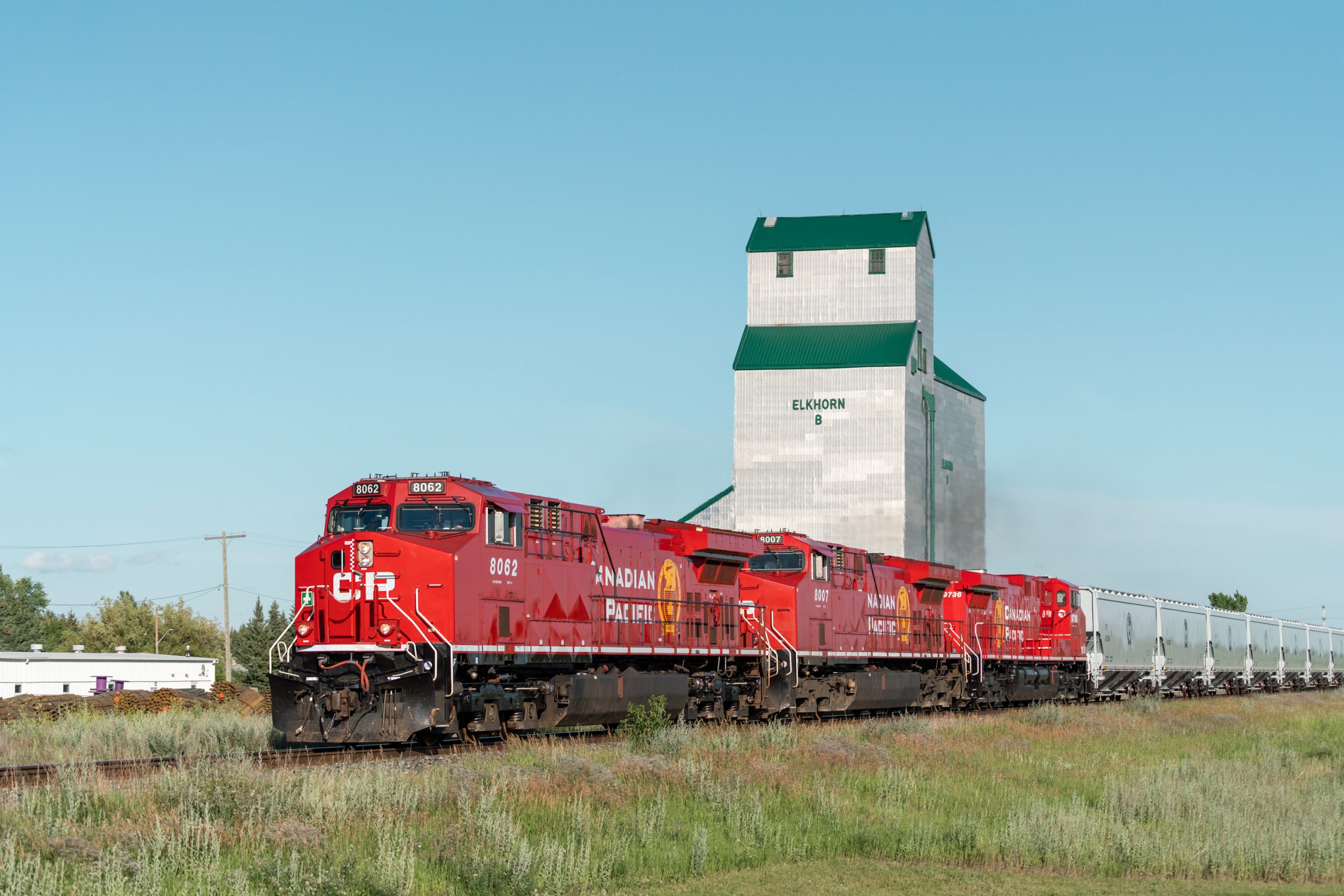
National Rail Safety Week begins: Campaign aims to reduce railway incidents across North America
September 18, 2023
By
OHS Canada

Photo: CP Rail
Today kicks off National Rail Safety Week — which runs Sept. 18 to 24 in Canada, the United States and Mexico.
The week-long campaign is designed to raise awareness around the importance of staying safe around tracks and railway crossings.
Every year, about 2,100 people in North America are seriously hurt or killed because of unsafe behaviour around railway tracks and trains, according to Operation Lifesaver, Inc.
To mark the week, Canadian Pacific Kansas City (CPKC) police service officers in will be in communities across its network, patrolling railway property and conducting rail safety presentations to educate the public on the dangers of unsafe behaviour around trains and tracks, it said.
“Throughout the year, we work with the rail industry, governments, local law enforcement and communities to raise awareness for public rail safety,” said Al Sauve, CPKC chief of police Canada. “Rail Safety Week is an important reminder to everyone that rail safety must be an ongoing priority each and every minute of every day.”
“Unsafe behaviour at rail crossings or around train tracks can have tragic consequences for families, friends and communities,” said Kelly Clough, CPKC chief of police U.S. “Working together, we can help prevent tragedies and build safer communities.”
CPKC will also support Operation Lifesaver initiatives throughout the week, including the unveiling of rail safety decals that say “Look. Listen. Live.” at 15 railway crossings across CPKC’s network in Canada.
Reminders from Saskatchewan
Lori Carr, Saskatchewan’s highways minister, said rail is critical to the province’s transportation system — carrying food, fuel, fertilizer and other goods to market.
“Making sure these goods are moving efficiently is important to the provincial economy, but most importantly we need to ensure they arrive to their destination safely,” said Carr.
There are 13 short line railways in Saskatchewan. Short lines are used to move crops, oil and lumber and link more rural locations to larger national rail lines of CN and CPKC. In total, there are more than 2,000 km of railways under provincial jurisdiction, with safety as a top priority.
“Incidents can happen in a split-second and can have tragic and far-reaching consequences for your family, friends and community,” Sauve said. “Rail safety requires constant vigilance, and CPKC asks that everyone think about their safety around railway property. We continue to focus education and enforcement efforts towards building communities of rail safety ambassadors young and old. We want everyone to go home safely.”
Saskatchewan’s Ministry of Highways said it is continuing its partnership with Canadian Safety Train Express Inc, by providing essential education materials such as railway safety activity books to students in communities served by short line railways.
“Saskatchewan boasts an extensive railway network. As we embrace the economic benefits and connectivity that railways bring, we must also recognize the importance of railway safety,” Western Canadian Safety Train CEO Perry Pellerin said.
“As we strive to enhance railway safety across Canada, we strongly urge the public to stay vigilant and prioritize safety near railway tracks and crossings. Railway safety is a shared responsibility, and it is imperative for individuals to actively contribute to safeguarding both their personal safety and that of their communities.”
The Ministry of Highways also offers financial support to short line rail operators through the Short Line Railway Improvement Program. This initiative provides operations with additional funds to assist in the upgrading and maintenance of their tracks.
The Ministry of Highways conducts safety inspections and reviews short line railway safety management plans to ensure operating rules and plans are up to date. The Ministry also provides technical assistance, advisory services, and facilitation for short line operators who interact with provincial railways, shippers, national railways, government agencies and road authorities.
Watch the videos